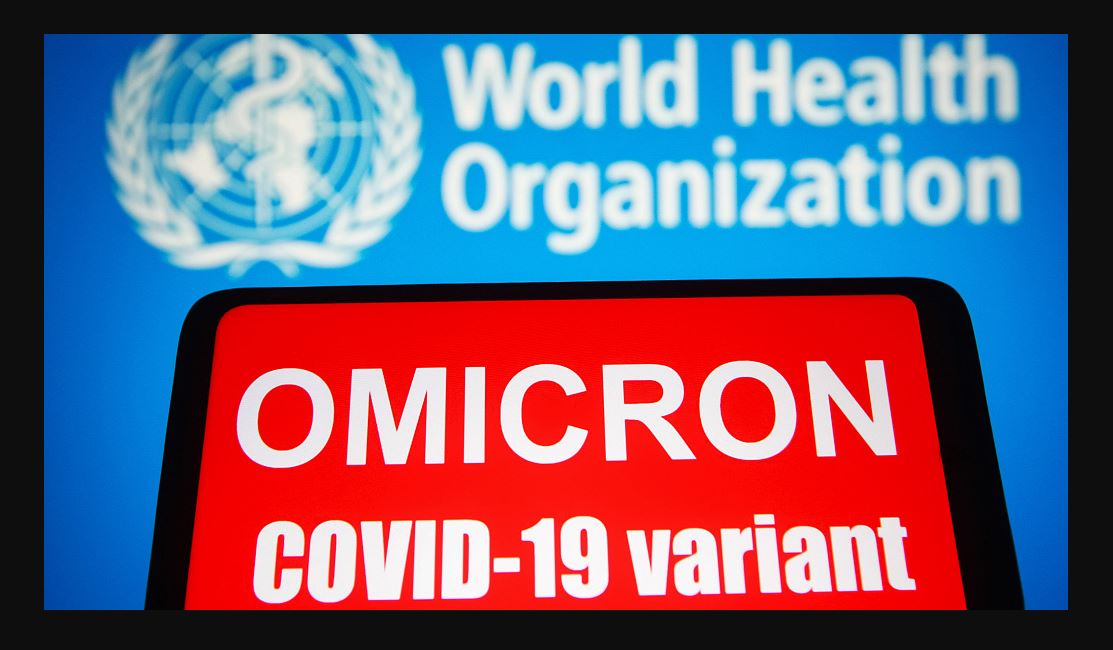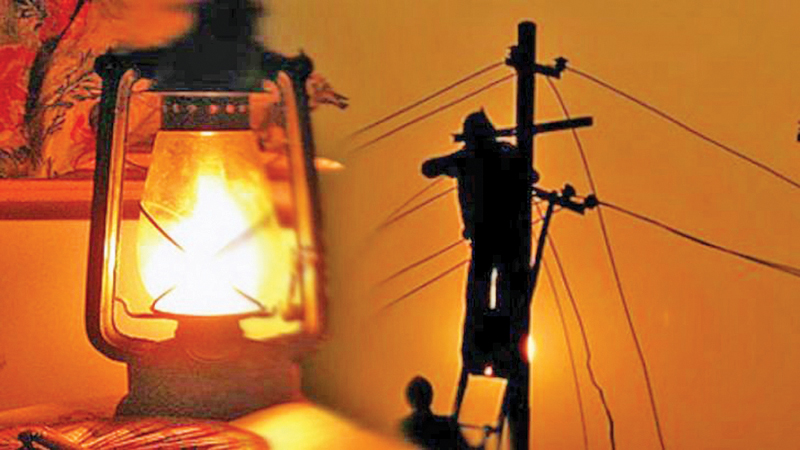World Health Organization WHO says the overall risk related to the new variant of concern Omicron is considered very high and could lead to ‘severe consequences’ in some regions.
15 countries have now reported confirmed cases of Omicron. South Africa, Botswana, UK, Netherlands, Germany, Hong Kong, Italy, Belgium, Israel, Denmark, Austria, Czech Republic, Australia, Canada and Scotland among confirmed cases of Omicron.
Several countries close borders to foreigners amid Omicron fears. Japan and Israel close its border to foreign nationals.
On 26 November 2021, WHO designated the variant B.1.1.529 a variant of concern (VOC), on the basis of advice from WHO’s Technical Advisory Group on Virus Evolution. The variant has been given the name Omicron.
• Omicron is a highly divergent variant with a high number of mutations, including 26-32 in the spike, some of which are concerning and may be associated with immune escape potential and higher transmissibility. However, there are still considerable uncertainties.
• The main uncertainties are (1) how transmissible the variant is and whether any increases are related to immune escape, intrinsic increased transmissibility, or both; (2) how well vaccines protect against infection, transmission, clinical disease of different degrees of severity and death; and (3) does the variant present with a different severity profile. Public health advice is based on
current information and will be tailored as more evidence emergences around those key
questions.
Risk Assessment
• Given mutations that may confer immune escape potential and possibly transmissibility advantage, the likelihood of potential further spread of Omicron at the global level is high. Depending on these characteristics, there could be future surges of COVID-19, which could have severe consequences, depending on a number of factors including where surges may take place. The overall global risk related to the new VOC Omicron is assessed as very high.
The evidence for this assessment contains considerable uncertainty and WHO will be updated as more information becomes available.
At present, local transmission has been reported in South Africa and there is evidence of spread to several countries in four WHO regions (African, Eastern Mediterranean, European, and Western Pacific regions). While most of the cases identified in these countries are travel-related.
The presence of multiple mutations of the spike protein in the receptor-binding domain suggests that Omicron may have a high likelihood of immune escape from antibody-mediated protection. However, immune escape potential from cell-mediated immunity is more difficult to predict. Overall, there are considerable uncertainties in the magnitude of immune escape potential of Omicron.
Further research is needed to better understand the escape potential against vaccine- and infectioninduced immunity. Research efforts are ongoing, and the data are expected to be available in the
coming weeks.
• Despite uncertainties, it is reasonable to assume that currently available vaccines offer some protection against severe disease and death.
• Efforts should be intensified by public health authorities to accelerate COVID-19 vaccination coverage in all eligible populations, but with priority for populations at high risk for serious disease who remain unvaccinated or not yet fully vaccinated. These include older adults, health care workers and those with underlying conditions putting them at risk of severe disease and
death.
Sri Lanka is not permitted to disembark travellers with a travel history for the past 14 days to South Africa, Namibia, Zimbabwe, Botswana, Lesotho & Swaziland.





